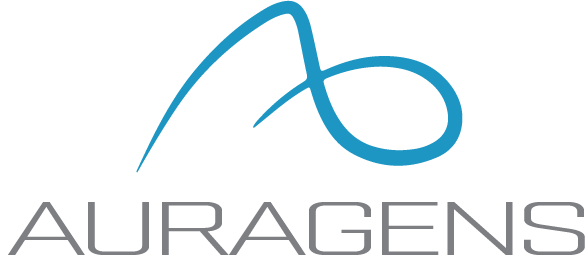
Harnessing the Power of Umbilical-Derived Mesenchymal Stem Cells for Autism Treatment
By: Dr. James Utley
Introduction
Autism Spectrum Disorder (ASD) is a complex neurodevelopmental disorder characterized by difficulties in social interaction, communication, and repetitive or restrictive behaviors (American Psychiatric Association, 2013). Researchers have explored numerous therapeutic approaches to alleviate the symptoms of ASD, and one promising avenue is the use of umbilical-derived mesenchymal stem cells (UMSCs). This blog post will discuss the potential benefits of UMSCs in treating ASD and the latest developments in this field.
What are Umbilical-Derived Mesenchymal Stem Cells?
Mesenchymal stem cells (MSCs) are multipotent cells capable of differentiating into various cell types, including bone, cartilage, and fat cells (Pittenger et al., 1999). MSCs possess anti-inflammatory, immunomodulatory, and regenerative properties, making them attractive candidates for regenerative medicine (da Silva Meirelles et al., 2008).
UMSCs are derived from the Wharton’s Jelly of the umbilical cord, a rich source of MSCs that can be easily and ethically obtained after childbirth (Watson et al., 2015). Due to their low immunogenicity, UMSCs are well tolerated by recipients, reducing the risk of immune reactions (Weiss & Troyer, 2006).
The Potential of UMSCs in Autism Treatment
Anti-inflammatory and immunomodulatory effects
Inflammation and immune dysregulation have been implicated in the development of ASD (Masi et al., 2015). UMSCs secrete anti inflammatory cytokines and modulate the immune system, which could potentially alleviate the neuroinflammation associated with ASD (Golpanian et al., 2016).
Neural regeneration and synaptic remodeling
UMSCs can promote neural regeneration and stimulate the release of neurotrophic factors, enhancing synaptic connections and potentially improving ASD-related symptoms (Ding et al., 2017). Furthermore, UMSCs can differentiate into neural-like cells, which may contribute to repairing damaged neurons in ASD (Fu et al., 2018).
Clinical Studies on UMSCs for Autism Treatment
Several clinical trials have investigated the efficacy and safety of UMSCs in treating ASD. A study by Lv et al. (2013) demonstrated that a single intravenous infusion of UMSCs improved social interaction and communication in children with ASD. Similarly, a randomized, placebo-controlled study by Sharma et al. (2017) reported significant improvements in social, cognitive, and communication abilities in children treated with UMSCs compared to a placebo group.
Although these preliminary results are encouraging, larger and longer-term studies are needed to confirm the effectiveness and safety of UMSCs for ASD treatment. It is also essential to standardize cell administration protocols and optimize the dosage and treatment frequency to ensure maximum therapeutic benefits.
Conclusion
The use of umbilical-derived mesenchymal stem cells for autism treatment is a promising approach with the potential to improve the lives of those affected by ASD. Early clinical trials have demonstrated some positive outcomes, but more research is needed to fully understand the long-term effects and optimal treatment protocols. As we continue to explore this exciting area of regenerative medicine, we remain hopeful that UMSCs will play a crucial role in the future of autism therapy.
References
1. American Psychiatric Association. (2013). Diagnostic and statistical manual of mental disorders (5th ed.). Arlington, VA: American Psychiatric Publishing.


